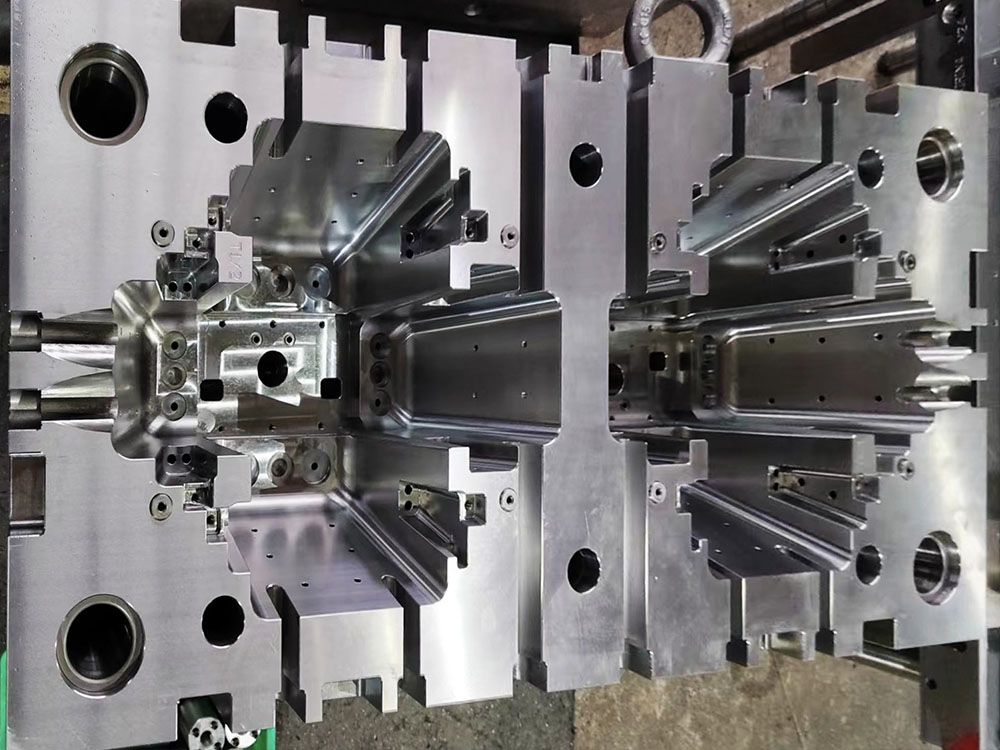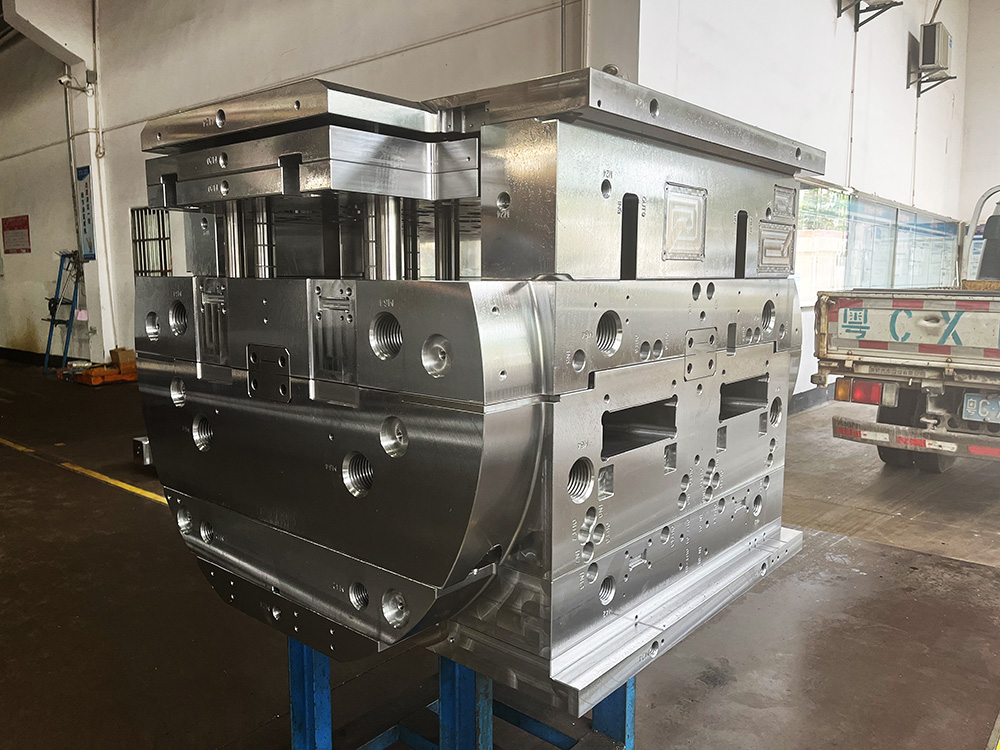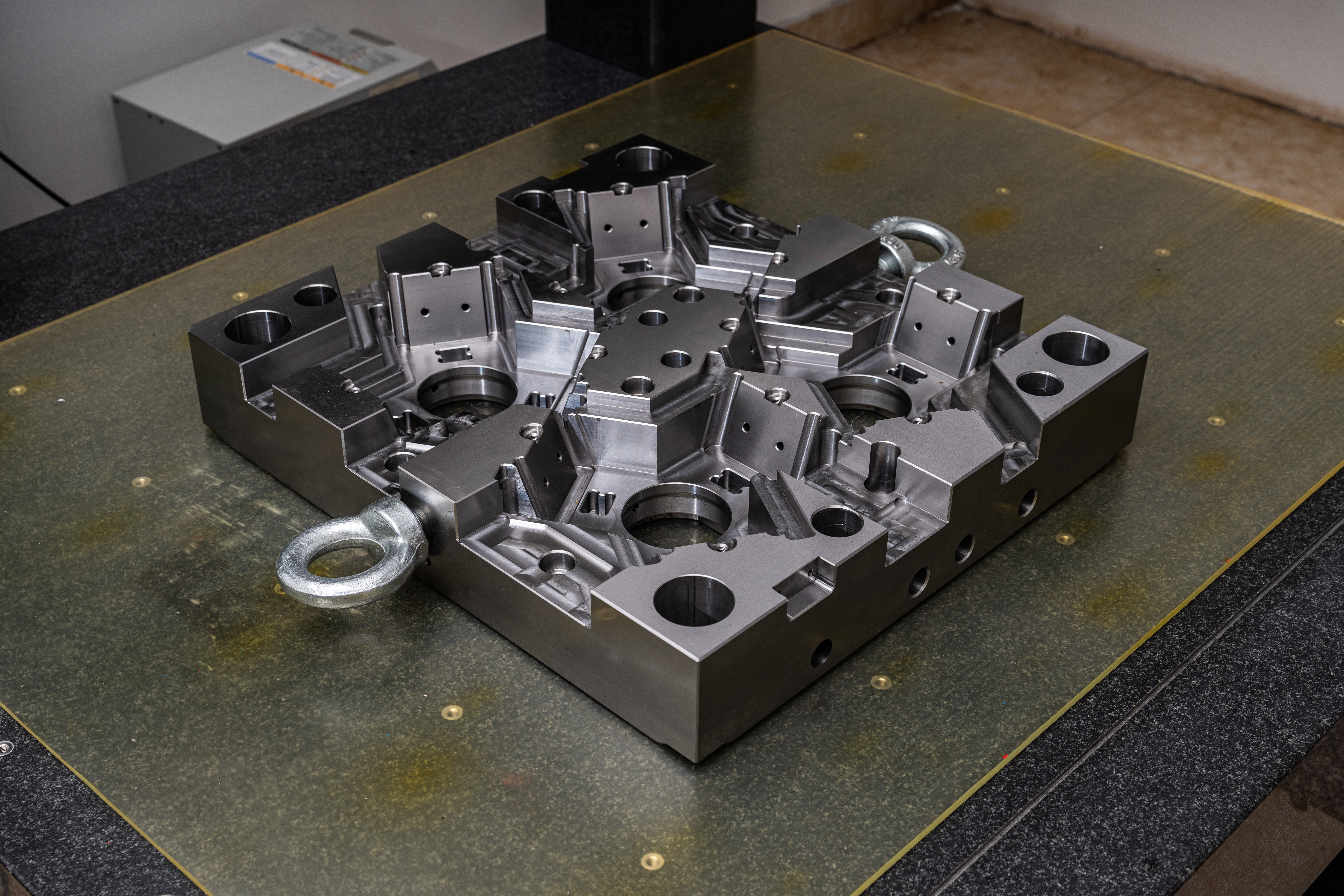The Standard Modular Framework in the Mold Base Industry
Introduction:
The mold base industry plays a crucial role in the manufacturing sector, providing the foundation for the production of various molded products. To streamline the design and manufacturing processes, the standard modular framework has become an essential aspect of the mold base industry. This article explores the significance of the standard modular framework in facilitating efficiency, precision, and cost-effectiveness in the mold base manufacturing process.Streamlining the Design Process
One of the main advantages of the standard modular framework in the mold base industry is its ability to streamline the design process. By providing standardized components and a modular structure, designers can easily select and integrate the necessary parts to create a mold base that meets specific requirements. This eliminates the need for designing every component from scratch, saving time and effort.
Furthermore, the use of a standard modular framework enables designers to quickly identify any design flaws or potential issues. Due to the familiarity with standardized components, designers can easily troubleshoot and modify the mold base design, ensuring a seamless manufacturing process and minimizing production errors.
Enhancing Manufacturing Efficiency
The standard modular framework greatly enhances manufacturing efficiency in the mold base industry. With standardized components, manufacturers can easily source the required parts, eliminating the need for custom-made components and reducing procurement lead time. This allows for faster production turnaround and shorter delivery times, meeting clients' timelines and demands.
In addition, the modular nature of the standard framework enables manufacturers to optimize their production processes. As each component is designed to fit into a specific slot or cavity, assembly becomes a straightforward process, reducing the chances of errors and improving overall production efficiency. This modularity also facilitates easy reconfiguration or modification of the mold base, catering to changing product requirements or customization.
Ensuring Precision and Quality
The use of a standard modular framework in the mold base industry ensures high precision and quality in the manufactured products. Standardized components are manufactured with precision, adhering to specific industry standards, and tolerances. Integration of these components into the mold base guarantees accurate alignment and precise functionality.
Furthermore, the standardized nature of the framework allows for comprehensive testing and quality control procedures. Manufacturers can establish rigorous testing protocols for individual components, ensuring that each piece meets the required specifications. This quality assurance process significantly reduces the chances of defects or malfunctions in the final mold base.
Cost-effectiveness
Implementing the standard modular framework in mold base manufacturing also offers significant cost benefits. The use of standardized components eliminates the need for expensive custom-made parts, reducing material costs. Additionally, the streamlined design and manufacturing processes reduce labor costs and minimize production downtime.
Furthermore, the modularity of the standard framework enables manufacturers to reuse components in different mold bases, further reducing expenses. This flexibility means that investments in standardized components can be leveraged across multiple projects, resulting in long-term cost savings for manufacturers.
Conclusion
The standard modular framework has revolutionized the mold base industry, providing numerous benefits to both designers and manufacturers. The streamlined design process, enhanced manufacturing efficiency, ensured precision and quality, and cost-effectiveness are just some of the advantages of implementing this framework in the mold base industry. By embracing the standard modular framework, the mold base industry can continue to thrive and meet the growing demands of the manufacturing sector.




